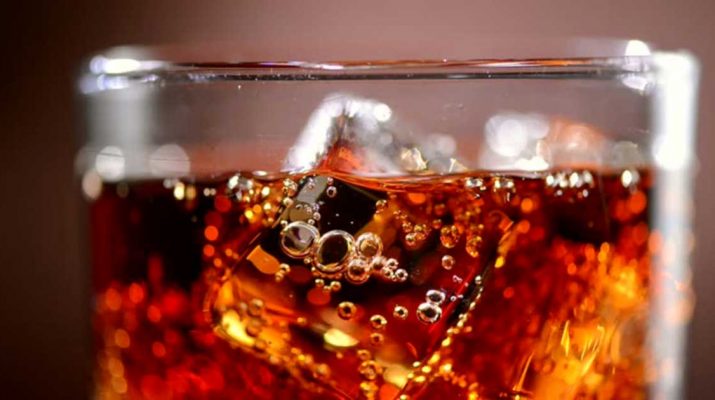Everyone knows that sugary drinks are full of calories. One can of cola contains about 7 teaspoons of sugar. But, what is making us fat, the sugar or the bubbles?
In a recent study from Birzeit University, researchers experimented on male rats to see the effects of sugary drinks. One group of rats consumed fizzy sugary drinks, while the other group drank only tap water or flat sugary drinks.
Results claim that the rats who consumed fizzy sugary drinks gained more weight compared to the other group of rats. Moreover, scientists took blood samples to confirm the theory. In the end, the rats who consumed fizz had increased levels of the hunger hormone called ghrelin.
This is the reason behind the excessive weight gain.
Cheese Sandwich Test
This study proved quite interesting for other researchers as well, so they decided to do a similar experiment. But, this time, they focused on human volunteers. Dr. James Brown from Aston University recruited healthy volunteers to participate in the study.
However, the scientists didn’t tell the volunteers what the experiment was really about. After all, there is a slight possibility that knowledge can affect the end-results. In addition, they didn’t tell the volunteers that the main focus of the study was the bubbles, not the sugar in the drinks.
At the start of the experiment, volunteers commenced the testing on an empty stomach. They hadn’t consumed food 10 hours prior to the experiment. The volunteers consumed identical cheese sandwiches.
The idea was to make sure that all the volunteers started the experiment with the same levels of ghrelin in the body. An hour later, each volunteer received a different soft drink. Some received fizzy sugary drinks, while others consumed fizzy water and regular water.
Ten minutes after consuming the drink, scientists took a blood sample to measure the volunteers’ ghrelin levels. After the blood test, volunteers had to consume a specific amount of calories after the drink.
In the next couple of weeks, volunteers had to come to the lab for further testing. Each time they consumed a different drink. This type of testing is known as crossover trial. The main focus of the trial is for the volunteers to try different things, rather than to focus on a group.
In fact, researchers can produce enough results with fewer recruits.
Ghrelin Is the Key
After all these studies and consistent results, Dr. James decided to tell the volunteers about the true purpose of the study. The main goal was to calculate the effects of the bubbles on the body, and not solely focus on the sugar.
Dr. James concluded that the ghrelin levels had increased by a staggering 50% in the people who consumed fizzy drinks. Moreover, the drinks made the volunteers hungrier and more prone to excessive weight gain. However, the sugary fizzy drinks are not the only ones that caused such a change in the human body.
It seems that the carbonated water had the same effects as well. According to James, the people who consumed carbonated drinks consumed 120 calories more than the people who consumed non-carbonated drinks.
In other words, the volunteers more prone to bloating and weight gain.
Why Do Bubbles Have Such an Effect?
Dr. James says that there are two possible reasons for the bubbles to have such an effect on the body. The first reason is carbon dioxide. When you consume carbonated drinks, the carbon dioxide is released into the body.
As a result, the chemical receptors in the stomach detect the carbon dioxide which forces the cells to release ghrelin. In the end, we feel hungrier and hungrier. The second possibility is bloating. The extra gas causes bloating and forces the cells to release ghrelin.
This is the reason why Dr. James doesn’t recommend drinking fizzy drinks, not even fizzy water. Instead, people should focus on consuming still water.
What do you think? Let us know in the COMMENTS and SHARE this post with family and friends.

